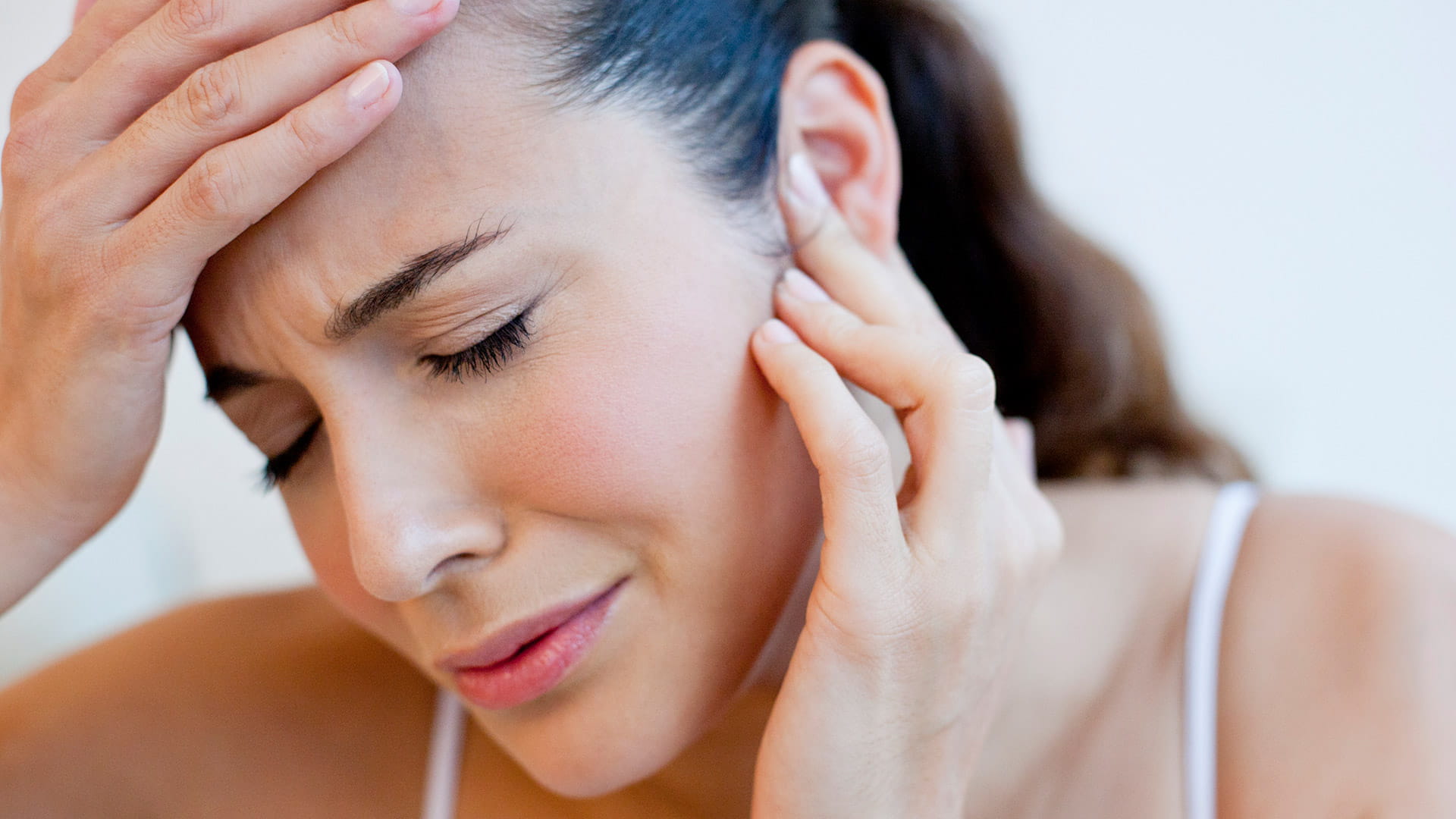

How much noise is safe?
Noise exposure can be dangerous to your hearing. Loud noise above 120 decibels (dB) can cause immediate harm to your ears.

Explosion – 140dB

Nearby jet engine – 130dB

Nearby siren – 120dB
Sounds at these levels can cause hearing loss within 2 to 15 minutes:

Loud music (recorded or live) – 110dB

Train, car horn, large sporting event – 100dB
Sounds at these levels can annoy and stress you:

Motorcycle, lawnmower – 95dB (can damage your hearing after 50 minutes)

Noisy factory, busy restaurant – 85dB (can damage your hearing after 2 hours)

Washing machine, dishwasher – 70dB
Sounds at these levels typically do not damage your hearing:

Normal conversation, air conditioning – 60dB

Refrigerator – 40dB

Whisper – 30dB

Normal breathing – 10dB
Source: Centers for Disease Control and Prevention (2019)
Be Brilliant and keep up to date
Test your hearing now
Our online hearing test provides fast resulsts.
Looking for personal care?
Find your hearing care professional
Keep up-to-date
Read our latest blog posts
FAQs about safe noise levels
The safe noise level is typically considered to be below 85 decibels (dB) for extended periods of time.
Prolonged loud noise exposure can lead to permanent hearing loss, tinnitus, and other hearing-related issues.
You can measure the decibel level of noise using a decibel meter, which can be purchased at many electronics stores. There are also several apps that measure noise levels.
To protect yourself from loud noise, you can use earplugs or noise-cancelling headphones, keep the volume down on personal devices, and limit your time in noisy environments.
Symptoms of hearing damage from loud noise can include ringing in the ears, difficulty understanding speech, and a decrease in overall hearing ability.
Once your hearing is damaged by loud noise it is typically permanent and cannot be reversed. The best way to protect your hearing is to prevent damage in the first place by avoiding excessively loud noises and using protective gear when necessary.
Related articles

Noise-induced hearing loss: Sounds you didn’t know damage your hearing
Hearing is an important part of everyday life, yet most people don’t realize when they are damaging their ears.
...click to read more
...click to read more

Why do some sounds hurt? (with and without hearing loss)
Want to reduce your sensitivity to sounds? Find out how!.
...click to read more
...click to read more

The warning signs of hearing loss
Most cases of acquired hearing loss are gradual, and many don't pick up on the signs until their lives are deeply affected.
...click to read more